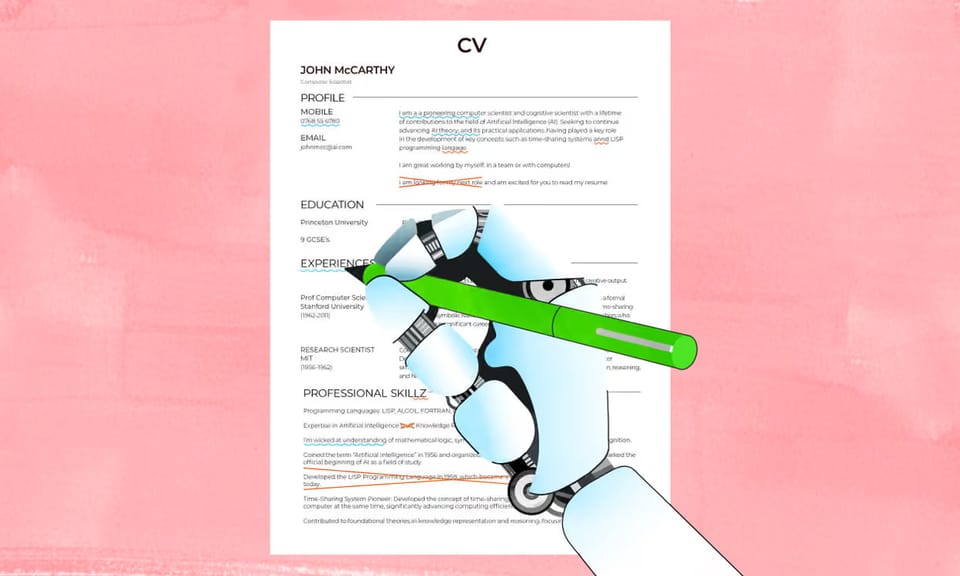Can RFK Jr. and Dr. Oz Finally End the Insurance Approval Headaches That Delay Our Care?


Briefing: On June 23, Health Secretary RFK Jr. and CMS Chief Dr. Oz announced that major health insurers have agreed to a voluntary pledge to improve the “prior authorization” process. This is the process that often makes patients and doctors wait for insurance approval before getting treatments or tests. The pledge covers companies that insure about 75% of Americans.
Details: Big insurers like UnitedHealthcare, Aetna, Cigna, Humana, Blue Cross Blue Shield, and Kaiser are part of the pledge. They’ve promised to make six key changes. These include using electronic systems for approvals by 2027, cutting down the number of procedures that need approval by 2026, and making sure prior authorizations stay valid for 90 days if a patient changes insurance in the middle of treatment. They also aim to give real-time or near real-time decisions for 80% of requests by 2027, provide clearer reasons for denials with appeal instructions, and create a public dashboard to track how well insurers handle prior authorizations.
Why It Matters: Prior authorization delays often slow down care for patients and create extra work for doctors, who spend an average of 12 hours a week dealing with it. The promised changes could help people get needed treatments faster, cut paperwork for doctors, and improve transparency. The 90-day rule could also help patients stay on track with their care even if they switch insurance. However, similar pledges were made back in 2018, but didn’t bring real change, so the real test will be whether insurers follow through this time.
AI tools like Availity and DrFirst can speed up approvals and cut paperwork. But without strong oversight, AI can auto-deny care unfairly, as seen in past insurer practices.
*Disclaimer: The content in this newsletter is for informational purposes only. We do not provide medical, legal, investment, or professional advice. While we do our best to ensure accuracy, some details may evolve over time or be based on third-party sources. Always do your own research and consult professionals before making decisions based on what you read here.




